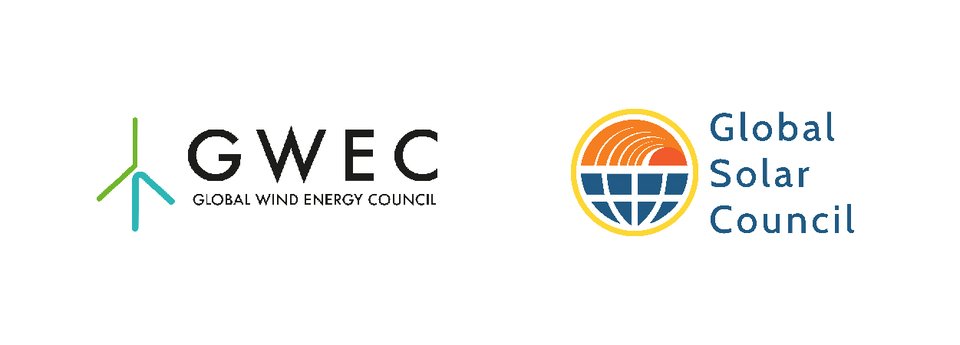Press Release
Global renewables sector unites to highlight changes to permitting rules and investment signals that could ease the energy and climate crises

The Global Wind Energy Council (GWEC) and the Global Solar Council (GSC) have today released a joint statement on the need for robust investment signals and faster permitting which can accelerate renewables to help end the energy and climate crises.
As the G20 meets in Bali this week for the Energy Transitions Investment Forum, co-hosted by the G20 Presidency of Indonesia and IRENA, it is vital that policymakers act to ensure investment guidelines, such as green taxonomies, and permitting schemes for renewable energy are fit-for-purpose to enact the energy transition.
This joint statement from the world’s major renewable sectors outlines the need for urgent action to facilitate a rapid shift of investment into renewable energy. This can be achieved through two short-term action areas:
- Set robust guidelines on green taxonomy which will ensure a merit order is in place for public/private investment in energy projects. This can work to mobilise investment in large-scale renewable energy projects which can support a way out of the energy crisis and are in line with energy, security and climate goals.
- Accelerate permitting of grid-scale wind and solar projects, through open call procedures for project applications and a series of fast-track measures. This can quickly bring onshore wind, offshore wind and solar projects in the development pipeline, which amount to nearly 1,000 GW globally, to construction within the next 3 years.
Ben Backwell, CEO of GWEC, said: “It is crucial that governments are clear about which technologies are compatible with reaching global climate targets in green taxonomies, as these provide vital investment signals for business and investors around the world. While we recognise that governments may have to back specific investments in fossil fuel generation assets in order to deal with current energy bottlenecks, it is vital that such investments are seen as short-term contingency measures and that we avoid locking in more carbon emissions. Including emission-producing fossil fuels in green taxonomies will only muddy the waters, send mixed signals to investors and make it harder for us to collectively reach our net zero goals.”
Gianni Chianetta, CEO of GSC, said: “Prolonging the transition entails very high costs, as we are seeing. It is time for an exit strategy from fossil fuels. G20 policymakers can and should take coordinated, decisive actions to ease permitting of renewable projects and orient resources toward clean technologies like solar and wind power that are able to generate secure energy at lower prices for all.”
The full text of the joint statement is available for download here.
![Global Solar Council [logo]](/static/images/gsc-logo-horizontal.svg)